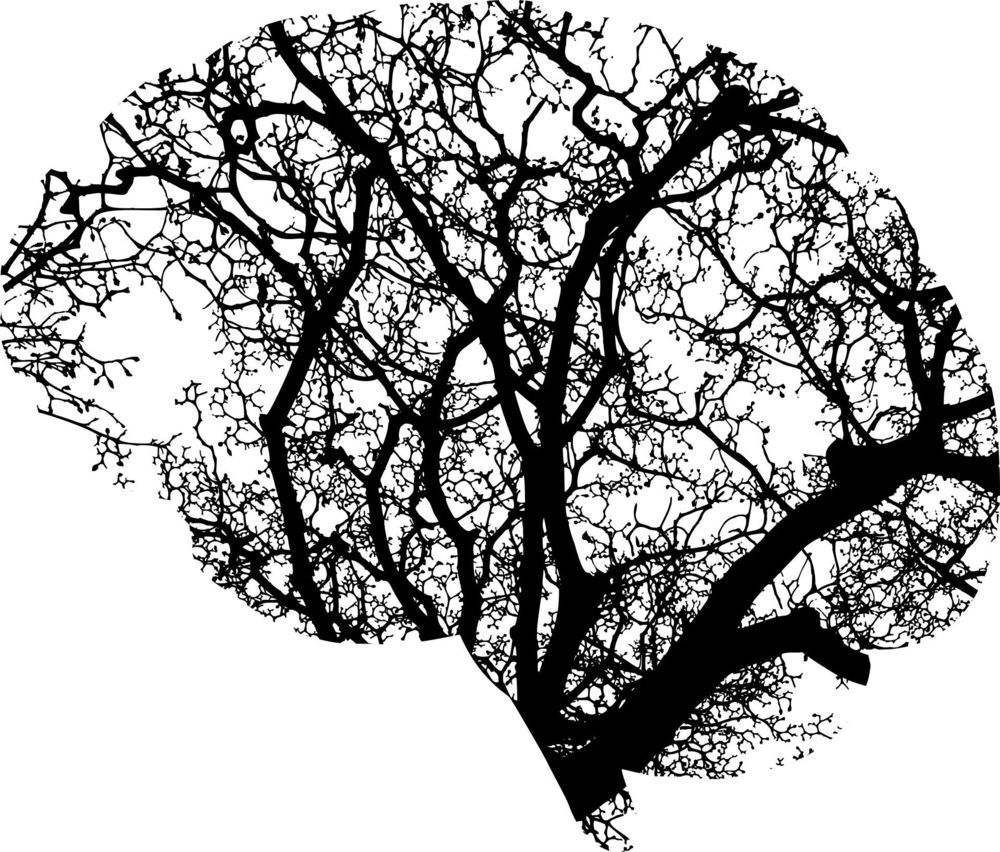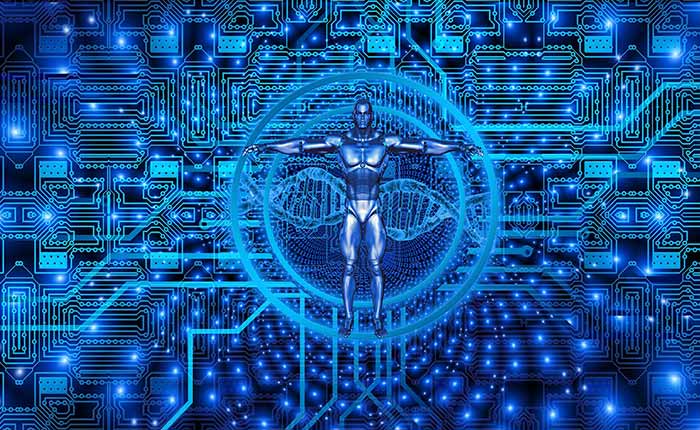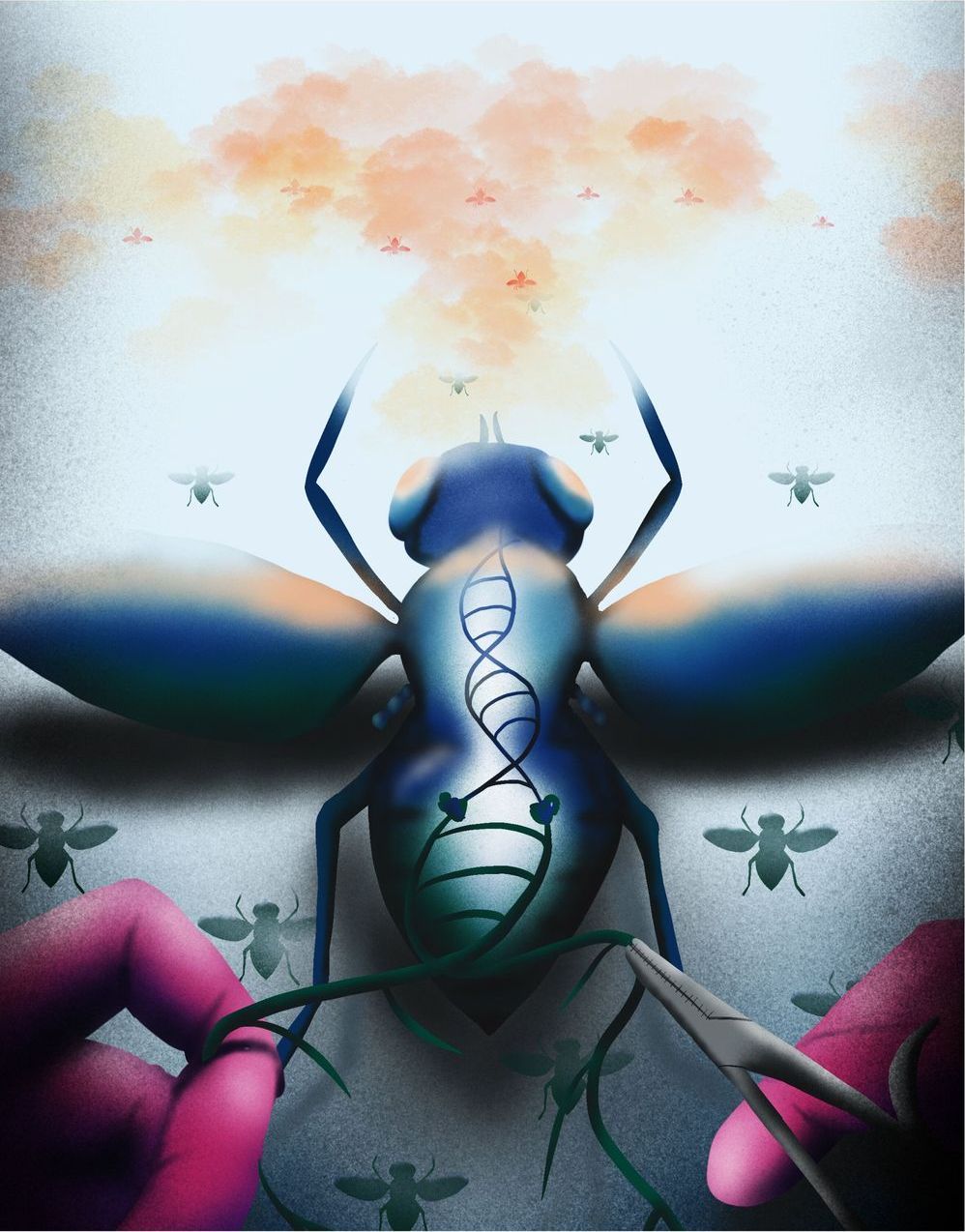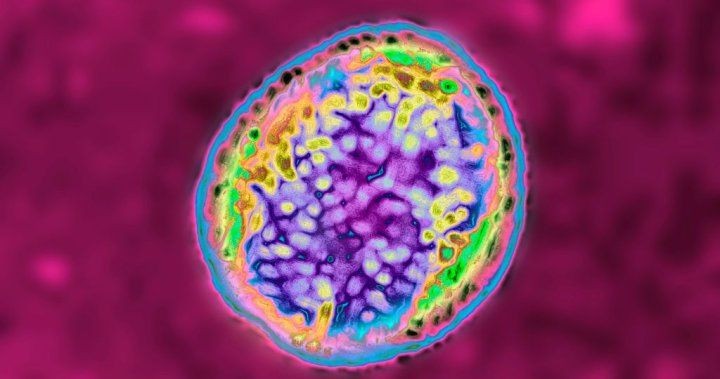Artificial intelligence (AI) experts at the University of Massachusetts Amherst and the Baylor College of Medicine report that they have successfully addressed what they call a “major, long-standing obstacle to increasing AI capabilities” by drawing inspiration from a human brain memory mechanism known as “replay.”
First author and postdoctoral researcher Gido van de Ven and principal investigator Andreas Tolias at Baylor, with Hava Siegelmann at UMass Amherst, write in Nature Communications that they have developed a new method to protect—” surprisingly efficiently”— deep neural networks from “catastrophic forgetting;” upon learning new lessons, the networks forget what they had learned before.
Siegelmann and colleagues point out that deep neural networks are the main drivers behind recent AI advances, but progress is held back by this forgetting.







